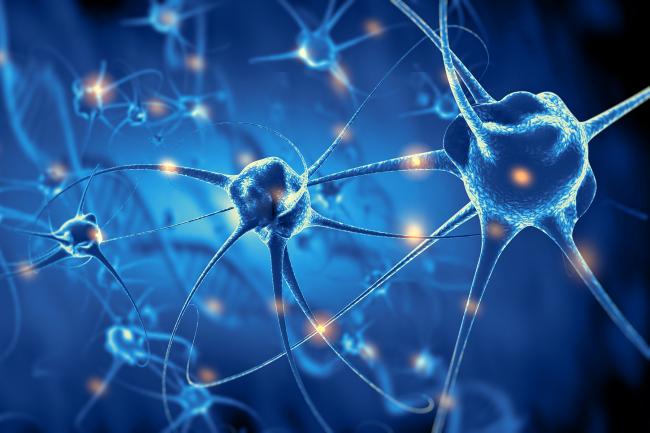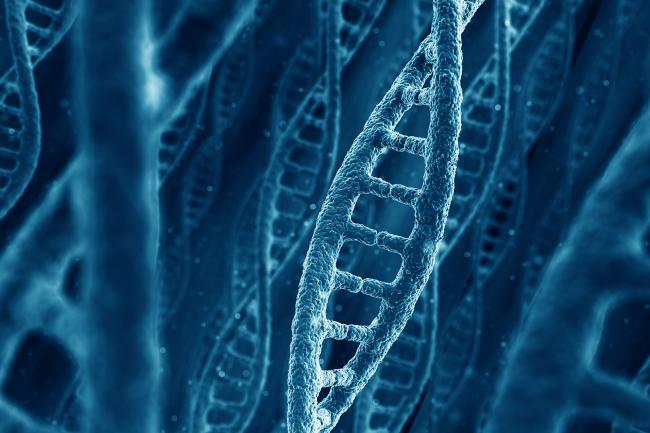The NextGen project has received €7.6 million from the EU’s Horizon Europe programme, a €3.1 million grant by the Swiss State Secretariat for Education, Research and Innovation (SERI), as well as the UK Research and Innovation (UKRI) under the UK government’s Horizon Europe funding guarantee. NextGen will be delivered by a 21-member consortium, including the Earlham Institute.
Cardiovascular diseases (CVDs) are the leading cause of death globally, accounting for nearly 18 million fatalities every year.1 In the EU, CVDs are responsible for approximately one in three deaths.2
CVD comes with a high price, and is estimated to cost the EU €282 billion annually, equivalent to 2 per cent of Europe’s GDP.3 CVD also takes its toll on individuals, often leading to disability, absence from work, premature retirement, and absenteeism.
Personalised medicine, whereby prevention and treatment of disease is tailored to an individual’s unique genetic make-up and health information, holds promise for shifting the dial on the burden of CVD. Now is the time to harness the potential of individualised treatment.
Genetic information is more readily available than ever before as the cost of laboratory analysis continues to fall, and cutting edge AI techniques make it possible to combine vast amounts of data in record time.
NextGen will capitalise on these trends by bringing together clinical research organisations, universities, small and medium-sized enterprises (SMEs), and professional associations to integrate multiple sources of data on individual people. This work is complex due to data privacy and governance requirements, the presence of multiple standards across Europe, varying formats of data, and the sheer volume of information.
Dr Wilfried Haerty, Group Leader at the Earlham Institute and NextGen consortium member said: “This project - bringing together data scientists, bioinformaticians, human geneticists, and clinical scientists - is truly exciting. It aims to develop new tools and resources to harness the power of existing, large-scale datasets and artificial intelligence, while following data privacy requirements and international standards to facilitate the deployment of personalised therapies.
“For some conditions, up to 70 per cent of patients do not receive a genetic diagnosis as the causative mutations lie within the noncoding part of the genome. At the Earlham Institute, we'll be using machine learning to develop approaches to annotate and characterise functional noncoding sequences regulating genes of interest and assess the impact of mutations within those regions.”
The first step will be to map out the initiatives already underway to ensure that the project is truly ground-breaking and meets an unmet need. Consortium members will then develop novel tools to merge different types of data in a secure way that upholds individual privacy and allows the information to be used in research. The effectiveness of the methods for removing current barriers to data integration in CVD will be demonstrated in real-world pilot studies.
The work will complement the 1+ Million Genomes initiative, which aims to enable secure access to genomics and clinical data across Europe, and the European Health Data Space, a European Commission governance framework for the safe and secure exchange, use and reuse of health data.
Consortium member Professor Panos Deloukas of Queen Mary University of London, UK, said: “This is a tremendous opportunity and a challenge we have in building the right toolbox that will allow [us] to unite CVD patient data across Europe and implement precision medicine to improve cardiovascular healthcare.”
Project coordinator Professor Pim van der Harst of University Medical Center Utrecht, the Netherlands, said: “No two people are exactly the same, and so it makes sense that each person needs a slightly different strategy to optimise their health. Personalised medicine is therefore the way forward for preventing heart disease, speeding up diagnosis, and monitoring and treating people with CVD. To develop individualised therapies, we need to compile as much information as possible about individuals, and that’s where NextGen comes in. The unique picture we generate will then form the basis for improving cardiovascular health and wellbeing.”




